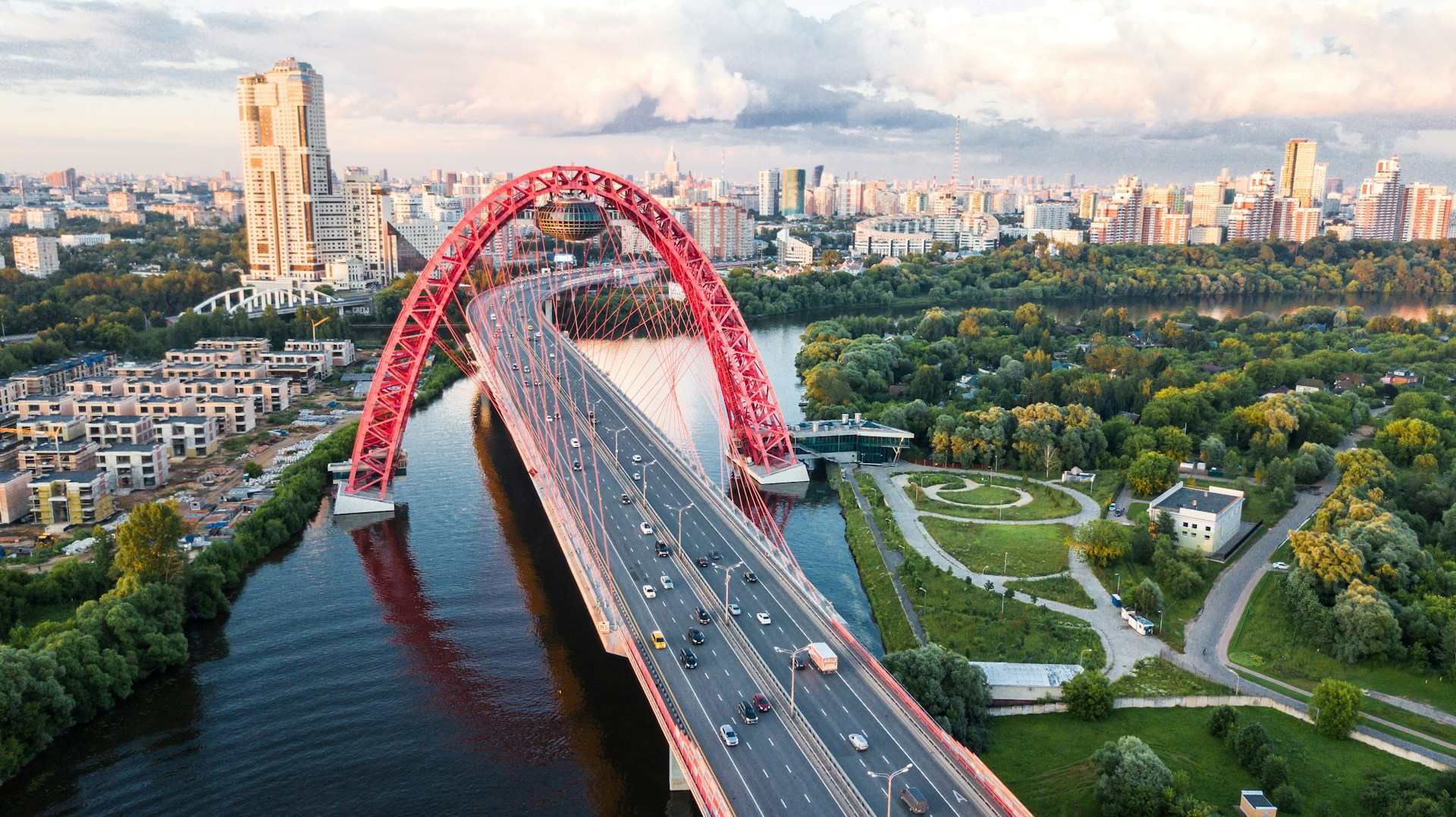Planning a trip to Russia in 2025 demands more than packing and bookings, it calls for informed preparation on visas, safety, money, and geopolitical considerations. With regulations shifting amid complex global dynamics, travellers need clarity from the start to ensure both compliance and confidence.
First and foremost, visa requirements vary by nationality. Citizens from the EU and 62 other countries can now apply online for a 16-day electronic visa, typically processed within four days for around US $52 (this new system has issued over 1 million e-visas since 2023). Others, including U.S., UK, Australian travellers, must still secure traditional visas with a Letter of Invitation and possibly register biometrics upon arrival .
Safety considerations are paramount and highly politicised. Official foreign advice from the UK, Canada, Australia and others strongly cautions against all travel, citing drone and missile threats beyond the immediate front lines, risk of arbitrary detention, terrorism, and inconsistent consular support. That means if you choose to visit, route planning via Moscow or St Petersburg is vital, land crossings may trigger rigorous security screenings, and you should have contingency plans in place.
Currency and finances need equal attention. Cash in good condition is essential – many ATMs or foreign cards don’t work reliably, and UnionPay may be the safest payment option . Be sure your passport is valid for at least six months beyond your exit date, and if you plan to sign up for a local mobile contract, expect biometric registration and even forced fingerprint collection via the Unified Biometric System.
In short, Russia remains a fascinating travel destination, but one that demands vigilance. If you’re seeking cultural depth and historical richness, meticulous advance planning is non-negotiable. Stay updated on official travel advisories, prepare reliable financial access, and understand the full extent of visa and safety protocols before departure.


